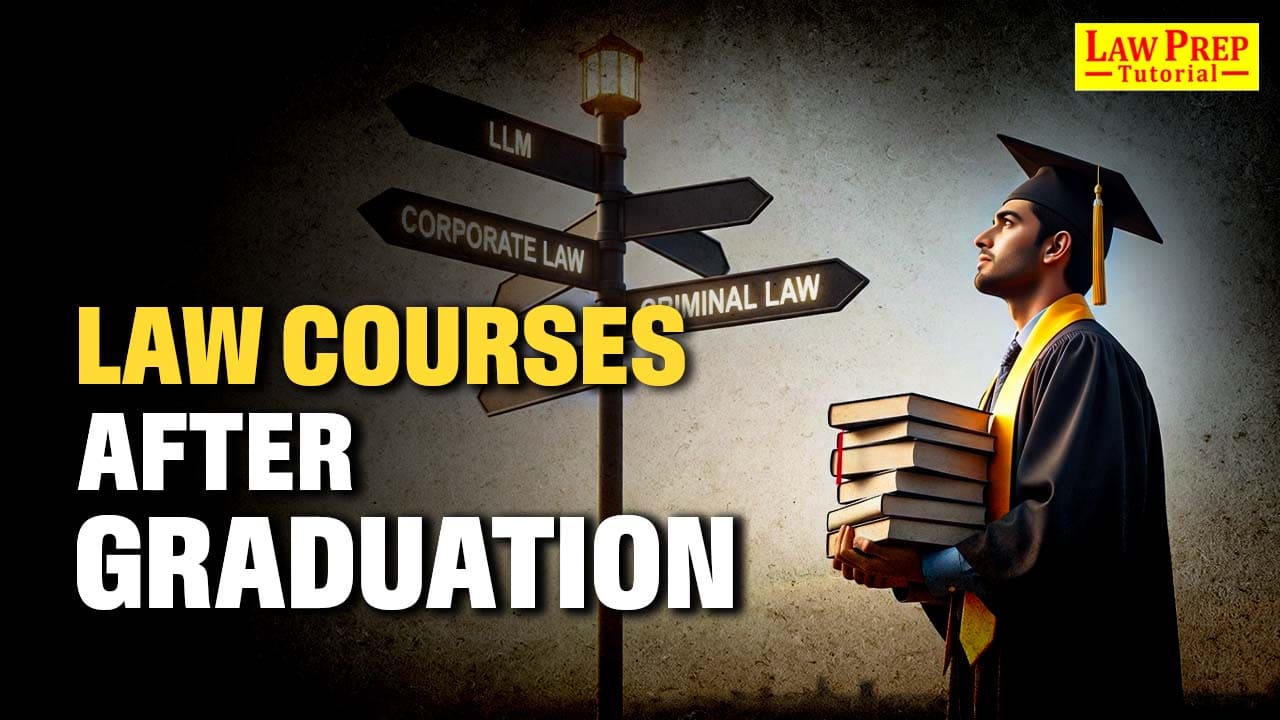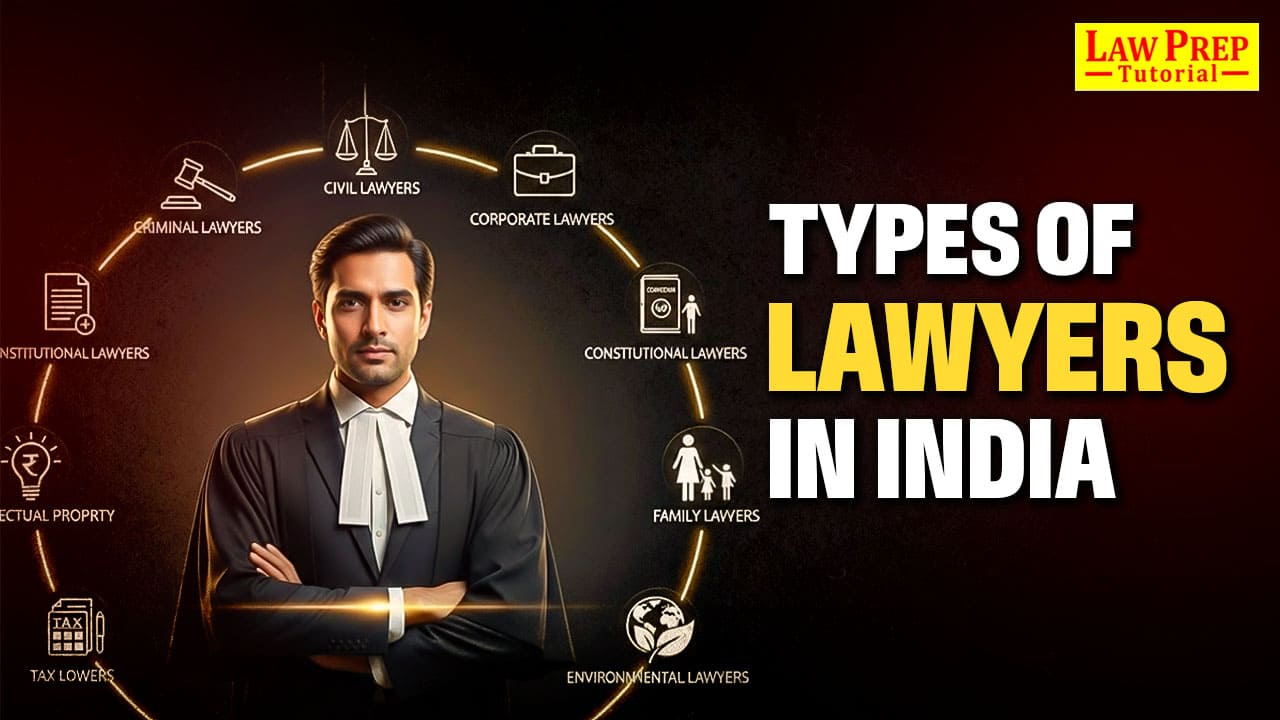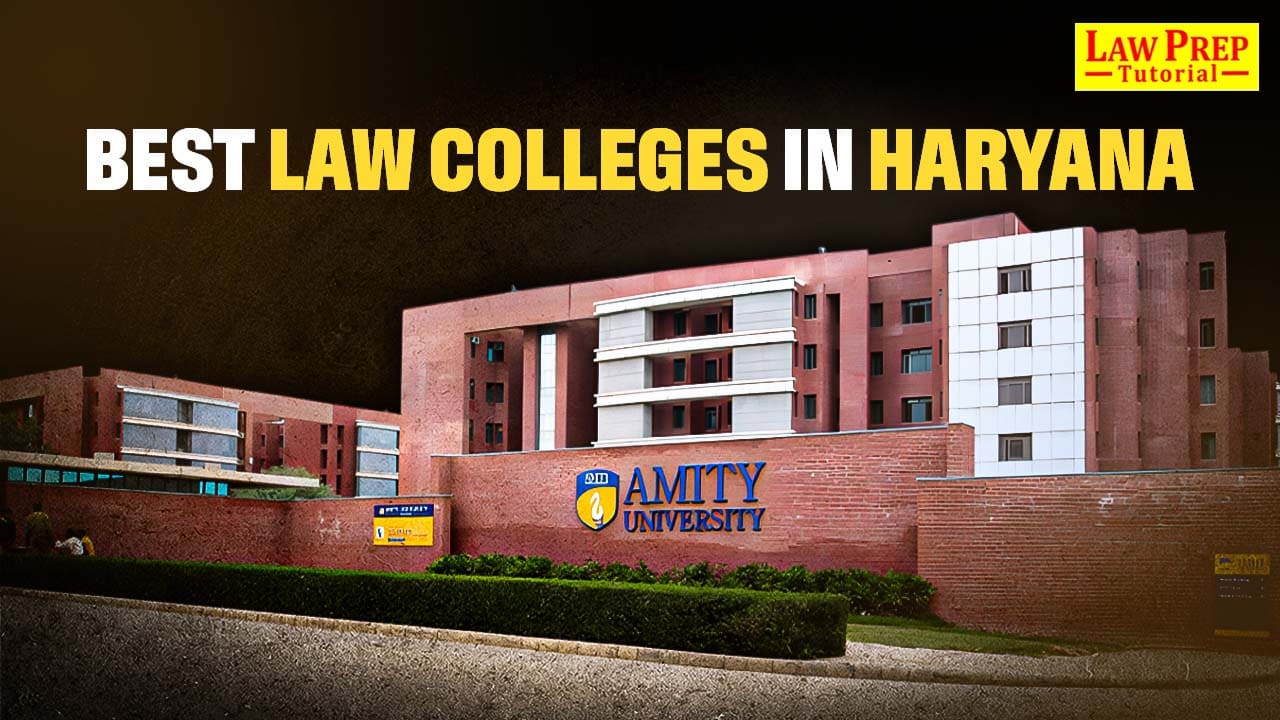“Can Indian lawyers practice in the USA?” It’s a question asked by many ambitious legal professionals from India looking to broaden their horizons.
The answer isn’t a simple yes or no. While opportunities are available, understanding the U.S. legal system requires specific qualifications and preparation. With states like New York and California opening doors to foreign-trained lawyers, including Indian lawyers, the dream is attainable.
Let’s know the steps, opportunities, and challenges that come with practicing law in the USA as an Indian lawyer.
Can Indian Lawyer Practice in US?
Yes, Indian lawyers can practice in the USA, but they must meet specific requirements. This involves passing a state bar exam, with states like New York and California being more flexible for foreign-trained lawyers.
Indian lawyers need to complete an LLM from an ABA-accredited law school to qualify. Additionally, they must secure a work visa, such as an H-1B, and find sponsorship from a U.S. employer. Alternative roles like legal consulting and compliance are also available for those not pursuing a full legal practice.
How Can Indian Lawyers Practice in USA?
Indians can become lawyer in the USA by following these steps:
1. Check Eligibility Criteria
Each state in the USA has its own bar exam and eligibility criteria. Some states are more accommodating to foreign-trained lawyers, while others may have stringent requirements.
Most U.S. states require candidates to have a JD (Juris Doctor degree) from an ABA-accredited law school to sit for the bar exam.
However, some states, like New York and California, allow Indian lawyers to take the bar if they have a 3-year law degree from a recognized university and pursue an additional LLM degree from an ABA-accredited institution in the USA.
2. Pursue LLM in US
Many Indian lawyers opt to complete an LLM (Master of Laws) degree in the USA to meet bar exam requirements. An LLM from an accredited U.S. law school helps bridge the gap between Indian and U.S. legal systems.
Not all states require an LLM, but having one can increase your chances of meeting the eligibility criteria for the bar exam in many jurisdictions.
3. Pass the Bar Exam
As an Indian, passing the bar exam is crucial to practicing law in the USA. The exam generally consists of multiple-choice questions, essays, and performance tests covering U.S. law.
Indian lawyers need to dedicate significant time to prepare, as the bar exam covers areas of U.S. law that may differ significantly from Indian law.
4. Character and Fitness Assessment
After passing the bar exam in the USA, candidates must undergo a Character and Fitness assessment. This process ensures that the applicant is ethically fit to practice law in the USA.
This assessment involves a background check, interviews, and evaluation of the candidate’s personal history.
5. Visa and Work Authorization
Indian lawyers will need to secure the appropriate visa to work in the USA, such as the H-1B visa. Additionally, sponsorship from a U.S. law firm or employer is necessary to continue working after passing the bar exam.
Those seeking to work as legal consultants or in non-bar positions may have different visa pathways.
Different Bar Exams in US
Below is a list of state bar exams in the USA that are more accessible or commonly pursued by Indian lawyers:
1. New York Bar Exam
One of the most popular bar exams for foreign-trained lawyers, including Indian lawyers.
Indian lawyers can qualify with an LLM degree from an ABA-accredited law school or, in some cases, directly with their Indian law degree.
The New York Bar allows more flexibility for foreign applicants.
2. California Bar Exam
Another popular choice for Indian lawyers due to flexible eligibility criteria.
Indian lawyers may qualify by completing an LLM or, in some cases, even without one if they meet other criteria.
3. Texas Bar Exam
Foreign-trained lawyers, including those from India, can sit for the Texas Bar Exam after completing an LLM from an ABA-accredited law school.
It’s an emerging choice for lawyers aiming to practice in corporate or international law.
4. Washington D.C. Bar Exam
Indian lawyers can qualify to sit for the D.C. bar after completing an LLM from an ABA-accredited law school.
Washington D.C. is home to international organizations, making it appealing for those interested in international law.
5. Illinois Bar Exam
Similar to other states, foreign-trained lawyers need to complete an LLM to sit for the Illinois Bar Exam.
Chicago’s legal market offers opportunities in corporate law, litigation, and other areas.
6. Florida Bar Exam
Florida allows foreign-trained lawyers to sit for the bar after completing an LLM and additional coursework at an ABA-accredited law school.
It’s a preferred destination for those looking to work in immigration or international law.
7. Georgia Bar Exam
Georgia also allows Indian lawyers to take the bar exam after completing an LLM and meeting other educational requirements.
The state offers a growing legal market with opportunities in various fields.
8. Massachusetts Bar Exam
Indian lawyers can sit for the Massachusetts Bar Exam after earning an LLM from an ABA-accredited law school.
Boston offers opportunities in education law, technology law, and corporate practice.
9. Virginia Bar Exam
Foreign-trained lawyers can qualify for the Virginia Bar by completing an LLM and meeting state-specific requirements.
Also Read: Qualities of Good Lawyers
Scope and Opportunities for Indian Lawyers in USA
Indian lawyers have a variety of opportunities in the USA, both in traditional legal practice and alternative legal roles:
1. Traditional Legal Practice
- Corporate Law: U.S. law firms and multinational corporations seek lawyers with expertise in international transactions and corporate governance. Indian lawyers with experience in cross-border deals can find opportunities in this space.
- Immigration Law: Given the large immigrant population in the USA, Indian lawyers often pursue careers in immigration law, helping individuals and businesses navigate the U.S. immigration system.
- Intellectual Property (IP) Law: Lawyers with backgrounds in technology or engineering, combined with an LLM from a U.S. law school, can excel in patent law, trademarks, and copyright protection.
2. International Arbitration and Dispute Resolution
Indian lawyers with experience in international law can work in international arbitration and mediation, handling cross-border disputes and legal issues between multinational corporations and governments.
3. In-House Counsel
Many multinational corporations with ties to India hire Indian lawyers for their in-house legal teams to handle matters related to compliance, contracts, mergers, and acquisitions. Their knowledge of Indian law combined with U.S. law offers significant advantages.
4. Legal Consultancy
Indian lawyers can work as legal consultants, advising U.S. law firms and corporations on matters involving Indian law, foreign investment regulations, and cross-border legal issues.
Checkout: Best Law Firms in India
5. Compliance and Risk Management
Companies in industries like finance, healthcare, and technology require legal professionals to ensure they meet regulatory requirements. Indian lawyers with experience in compliance can work in legal and risk management roles for U.S.-based companies.
6. Public Policy and Governmental Roles
Indian lawyers with an interest in public policy can work in think tanks, NGOs, or international organizations, helping shape policy on issues such as trade, human rights, and international relations.
7. Legal Academia and Research
Indian lawyers who complete advanced degrees like an LLM or SJD (Doctor of Juridical Science) in the U.S. can pursue teaching positions at U.S. law schools or work in legal research institutes.
8. Alternative Dispute Resolution (ADR)
ADR mechanisms such as mediation and arbitration are growing in popularity, and Indian lawyers can specialize in this field to mediate cross-border disputes, particularly in international trade and investment.
Challenges for Indian Lawyers in US
Following are the main challenges faced by Indian lawyers in the USA:
- Educational Differences: Indian legal degrees may not fully meet U.S. bar exam requirements, often requiring further education, like an LLM.
- Bar Exam Preparation: The U.S. bar exam covers areas of law unfamiliar to Indian-trained lawyers, making it difficult to pass without extensive preparation.
- Visa and Work Authorization: Securing work visas, such as the H-1B, can be challenging due to limited availability and the need for sponsorship.
- Cultural and Legal System Differences: Adapting to the U.S. legal system and work culture requires significant adjustments.
- Job Market Competition: Competing with U.S.-trained lawyers in a highly competitive job market can be tough.
- Networking: Building professional connections in a new country takes time and effort, which is crucial for career growth.
Also read: Why Become Lawyer in India?
Examples of Successful Indian Lawyers in US
Here are a few examples of lawyers from India who have successfully transitioned to practicing law in the USA:
1. Anand Prasad
Co-founder of Trilegal, one of India’s leading law firms, Anand Prasad transitioned to working in the USA, advising clients on cross-border transactions and corporate matters.
2. Neomi Rao
An Indian-American lawyer, Rao started her legal career in the USA, serving in various prominent roles, including as a judge on the U.S. Court of Appeals for the District of Columbia Circuit. She also served as an Administrator of the Office of Information and Regulatory Affairs.
3. Pavan Agarwal
Pavan is a U.S.-based intellectual property lawyer and a partner at Foley & Lardner LLP. He earned his law degree in India before pursuing an LLM in the USA, where he now specializes in patent litigation.
4. Vikram Chandran
Having started his legal education in India, Vikram pursued further qualifications in the U.S. and now works as a senior attorney specializing in cross-border corporate law at a New York-based firm.
FAQs Related to Practicing Law in US as Indian
In most cases, yes. Many states, including New York and California, require Indian lawyers to complete an LLM from an ABA-accredited law school to qualify for the bar exam.
New York and California are considered more accessible for Indian lawyers due to their relatively flexible rules for foreign-trained lawyers. Both states allow candidates to sit for the bar exam after completing an LLM.
Indian lawyers can explore career opportunities in corporate law, immigration law, international arbitration, in-house counsel roles, legal consultancy, compliance, public policy, and legal academia.
Yes, the U.S. legal market is competitive. Indian lawyers face challenges such as adapting to U.S. law, securing a visa, and finding employment, but opportunities exist in fields like corporate law, intellectual property, and international arbitration.
Corporate law, intellectual property, international arbitration, immigration law, and compliance are popular fields for Indian lawyers in the USA.
The California bar exam is considered one of the toughest in the U.S. However, its relatively flexible rules for foreign-trained lawyers make it a viable option for Indian lawyers who are well-prepared.
An Indian law degree is valid in the USA, but Indian lawyers need to complete additional qualifications, such as an LLM (Master of Laws) from an ABA-accredited U.S. law school, to meet the eligibility requirements for U.S. state bar exams. The validity of an Indian law degree depends on the state’s requirements, and additional education may be needed to practice law in the U.S.s for U.S. state bar exams. The validity of an Indian law degree depends on the state’s requirements, and additional education may be needed to practice law in the U.
Suggested Blogs:










